Understanding College Burnout
What Is Academic Burnout?
Academic burnout is a state of emotional, mental, and physical exhaustion that results from sustained academic stress. It often occurs when students feel overwhelmed by their workload and unable to meet constant demands. Common symptoms include chronic fatigue, a noticeable drop in motivation, increased irritability, and declining academic performance. Recognizing these signs early is a crucial part of applying effective tips to avoid burnout in college.
Causes of Burnout in College Students
Burnout in college students can stem from several interrelated factors:
- Overloaded course schedules: Taking on too many classes or challenging subjects at once can stretch students beyond their limits.
- Poor time management: Inability to prioritize tasks or procrastination can lead to last-minute stress and reduced academic quality.
- Lack of sleep, nutrition, or exercise: Ignoring basic health needs contributes to both physical and mental decline.
- Social isolation: Limited interaction with peers or support systems can intensify feelings of stress and loneliness.
- High self-imposed expectations: Pressure to achieve perfection or meet unrealistically high goals can create a constant state of anxiety.
Understanding these root causes is essential for implementing practical tips to avoid burnout in college and maintain long-term well-being.

Set Realistic and Flexible Goals
One of the most effective tips to avoid burnout in college is to set realistic and flexible goals. Establishing clear yet adaptable objectives helps manage time and expectations, reducing the pressure that often leads to burnout.
Break Down the Semester
Rather than viewing the semester as one long stretch, divide it into smaller, more manageable parts. This method allows for more focused planning and easier adjustments as needed. For example, the University of Alaska Fairbanks eCampus suggests structuring your term into short segments to make academic demands feel less overwhelming. Focusing on short-term goals—such as weekly or monthly targets—can help maintain motivation and reduce stress, as recommended by Baptist Health College Little Rock.
Practice SMART Goal Setting
Adopting the SMART framework—Specific, Measurable, Achievable, Relevant, and Time-bound—ensures that your goals are clear and attainable. For instance, instead of saying "I want to study more," set a SMART goal like "Study biology for 30 minutes every weekday at 4 PM." This clarity makes it easier to stay on track and adjust when needed.
Track Your Progress
Monitoring your progress is essential to staying motivated and avoiding burnout. Tools like planners, bullet journals, or digital apps can help you visualize your tasks and achievements. Celebrating completed goals, even small ones, boosts morale and reinforces positive habits. Recognizing progress can also provide insight into whether your current goals remain realistic or need adjusting.
By setting realistic and flexible goals, breaking the semester into smaller steps, using the SMART method, and tracking progress, students can maintain their well-being and academic performance more effectively.

🕰️ Master Time Management
Effective time management is one of the most critical tips to avoid burnout in college. Without a clear structure, students can quickly fall behind or feel overwhelmed by competing demands.
Build a Balanced Weekly Schedule
Start by creating a weekly schedule that accounts for more than just classes and study time. Prioritize not only academics but also self-care activities like exercise, meals, and sleep. Don’t forget to include social time to maintain personal connections. Importantly, plan buffer time for unexpected tasks or delays to reduce stress when schedules shift (Husson University).
Use Time-Blocking Techniques
Time-blocking helps students stay organized and focused by assigning specific time slots to tasks. Schedule blocks for studying, breaks, meals, and personal activities. This method can help prevent overcommitment and ensure that every part of your day has a purpose.
Avoid Procrastination
Combat procrastination by using proven techniques like the Pomodoro method, which involves 25-minute focused work sessions followed by short breaks. Focus timers can also help maintain attention. Breaking large assignments into smaller, actionable steps makes them feel more manageable and less intimidating, helping students stay on track and reduce burnout risk.
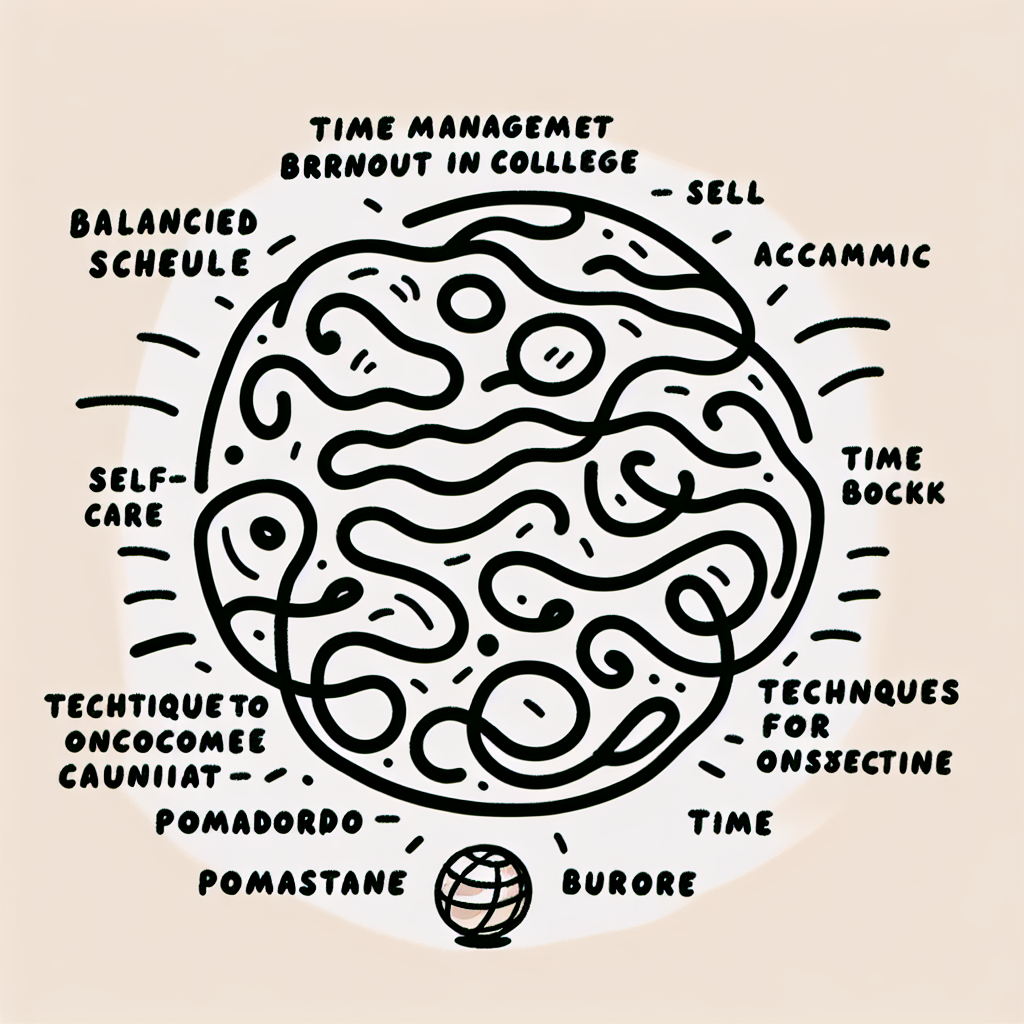
🛌 Prioritize Holistic Self-Care
One of the most practical tips to avoid burnout in college is to prioritize holistic self-care. Maintaining physical and mental well-being plays a direct role in managing academic stress.
Sleep Hygiene
Getting 7–9 hours of quality sleep each night is essential. A consistent sleep schedule helps regulate your internal clock, which improves focus and emotional resilience during the day. According to the University of Arizona, adequate rest is a key part of combating academic burnout.
Balanced Nutrition
Eating regular, nutrient-rich meals supports both brain function and energy levels. Skipping meals or relying on processed foods can lead to fatigue and reduced concentration. The Rochester Institute of Technology emphasizes that balanced nutrition is crucial for staying mentally and physically prepared for college demands.
Physical Activity
Incorporating 20–30 minutes of daily physical activity—such as walking, yoga, or gym workouts—can significantly reduce stress and elevate mood. As noted by the University of Arizona, regular movement is an important self-care strategy that supports both mental clarity and emotional balance.
Stay Hydrated
Consistent hydration is often overlooked, but it's vital for cognitive performance and energy levels. Drinking water throughout the day can help prevent headaches, fatigue, and irritability. The University of Alaska Fairbanks eCampus recommends staying hydrated as a simple yet effective way to avoid academic burnout.
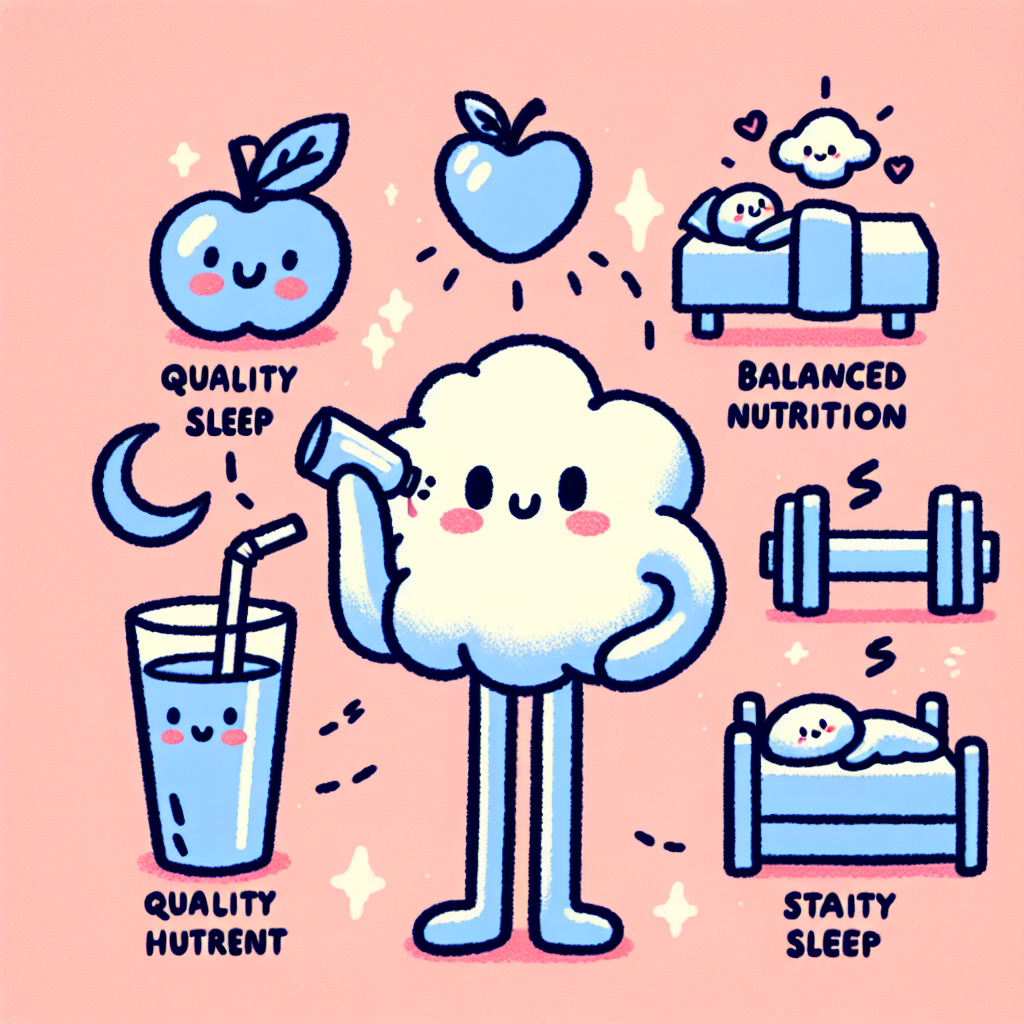
Include Mental and Emotional Wellness
One of the most effective tips to avoid burnout in college is to prioritize mental and emotional wellness. Taking care of your mind is just as important as managing your workload.
Schedule Regular Breaks
Incorporating regular breaks into your study routine helps reset focus and reduce mental fatigue. Short breaks during study sessions—like a 5-minute walk or stretching—can improve concentration and productivity. Additionally, scheduling longer breaks on weekends for rest and recreation allows your brain to recover and recharge (Husson University).
Practice Mindfulness and Meditation
Mindfulness practices like deep breathing, journaling, or using guided meditation apps can help regulate stress and improve emotional clarity. These techniques encourage self-awareness and emotional balance, making it easier to navigate the pressures of academic life.
Seek Counseling or Support Services
Utilizing on-campus counseling or mental health services is a proactive way to manage stress. Early intervention through support services can prevent burnout from becoming a long-term issue. Whether you're experiencing anxiety, academic pressure, or emotional fatigue, seeking help can make a significant difference in your well-being.

Maintain Motivation and Positivity
Celebrate Small Wins
Recognizing your achievements—even the small ones—can boost morale and keep you energized. Whether it’s turning in a paper on time or completing a tough reading assignment, giving yourself credit helps reinforce positive habits. Treating yourself to something enjoyable after reaching a goal can make academic life feel more rewarding.
Build Consistency
Developing a daily routine creates stability and reduces decision fatigue. When you wake up, study, and relax at consistent times, it becomes easier to stay on track. As noted by Baptist Health College Little Rock, sticking to routines supports sustained motivation, which is crucial to avoiding burnout in college.
Keep a Growth Mindset
Approach difficulties as chances to improve rather than as failures. This mindset encourages resilience and helps you stay motivated even when things don’t go as planned. Remember that learning is a process—setbacks are normal, and patience with yourself can go a long way in preventing burnout. Embracing growth helps maintain both motivation and a positive outlook throughout the semester.
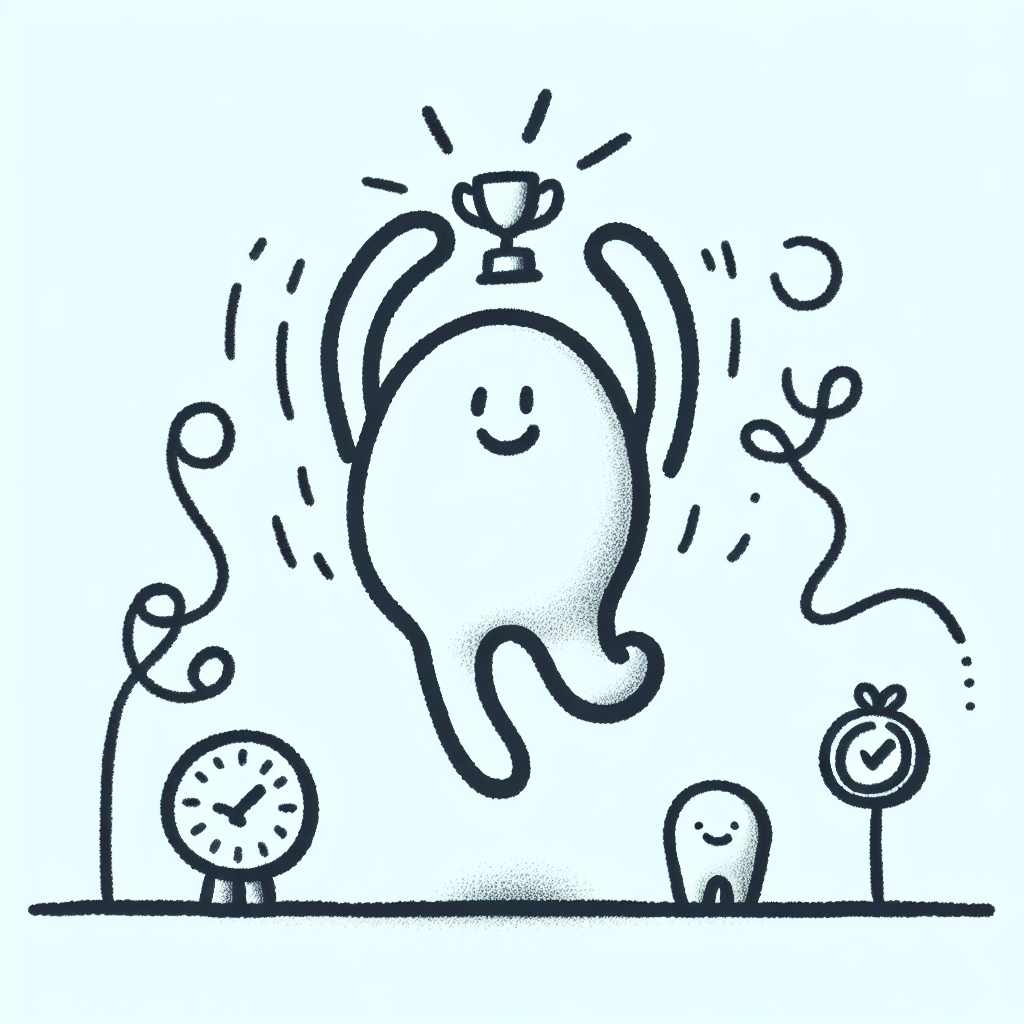
🧑🤝🧑 Foster Social Connections
Cultivate a Support Network
One of the most effective tips to avoid burnout in college is to build and maintain strong social connections. Staying connected with friends and family can offer emotional support and a sense of stability during stressful periods. According to the University of Arizona, maintaining personal relationships is a key factor in combating academic burnout.
Participating in campus clubs or organizations can also help students meet like-minded individuals, create a sense of community, and reduce feelings of isolation. These shared experiences can offer a welcome distraction from academic pressures and foster a support system that promotes mental well-being.
Don’t Isolate Yourself During Stressful Times
When academic demands increase, it may feel tempting to withdraw from others. However, isolation can intensify feelings of stress and exhaustion. Talking to friends, classmates, or a trusted mentor can provide emotional relief and a fresh perspective. Engaging with others during challenging times reinforces the idea that you're not alone, which is essential for preventing burnout.

🎨 Make Time for Enjoyable Activities
Pursue Hobbies and Leisure
Engaging in activities you enjoy is one of the most effective tips to avoid burnout in college. Whether it's drawing, playing an instrument, reading, or cooking, hobbies help relieve stress and restore mental energy. According to the Rochester Institute of Technology, participating in leisure activities is essential for preventing academic fatigue and maintaining overall well-being.
Schedule Fun Into Your Week
Deliberately setting aside time for enjoyment is just as important as scheduling study sessions. Plan weekly movie nights, outings, or game nights with friends to unwind and stay socially connected. Integrating fun into your routine supports balance and makes the demands of college life more manageable—key elements in tips to avoid burnout in college.

🧩 Customize Your Own Burnout Prevention Plan
Step 1: Self-Assessment
To apply effective tips to avoid burnout in college, start by identifying your personal stress triggers and energy drainers. Pay attention to what situations, tasks, or environments leave you feeling exhausted or anxious. This might include last-minute cramming, social pressure, or lack of sleep. Keeping a journal for a few days can help you recognize patterns in your mood and energy levels.
Step 2: Build a Personalized Routine
Once you've identified your stressors, create a daily and weekly routine that works with your natural rhythms. Block out time for focused study sessions, but also schedule regular meals, adequate sleep, short breaks, and social activities. A balanced routine supports mental and physical well-being, both of which are key in following tips to avoid burnout in college.
Step 3: Reassess and Adjust
Avoiding burnout isn’t a one-time fix. Set aside time each week to reflect on what’s working and what isn’t. Are you getting enough rest? Are your study sessions productive? If something feels off, tweak your routine accordingly. Flexibility is essential when applying tips to avoid burnout in college, as your needs and responsibilities may shift throughout the semester.
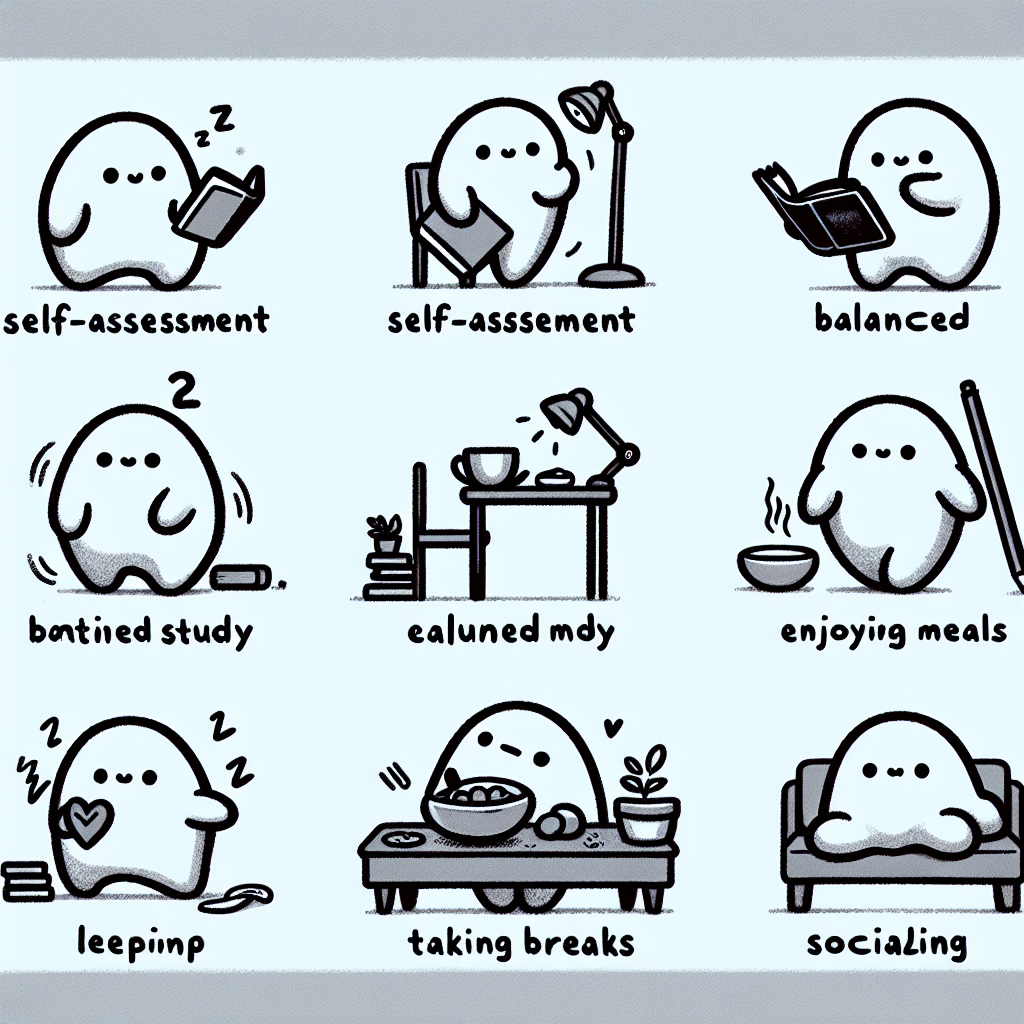
Conclusion: Burnout is Preventable
Preventing burnout in college is possible with proactive planning and healthy habits. By setting clear academic and personal goals, managing time effectively, and maintaining consistent self-care routines, students can reduce stress and maintain balance. Engaging in wellness activities and staying connected with peers and mentors also plays a critical role in sustaining motivation and emotional well-being.
Implementing these tips to avoid burnout in college helps students stay focused and resilient throughout the semester. With the right strategies, academic success and personal health can go hand in hand.
Explore the full set of resources for more in-depth tips:
- Baptist Health College Little Rock
- Husson University
- University of Alaska Fairbanks eCampus
- Rochester Institute of Technology
- University of Arizona
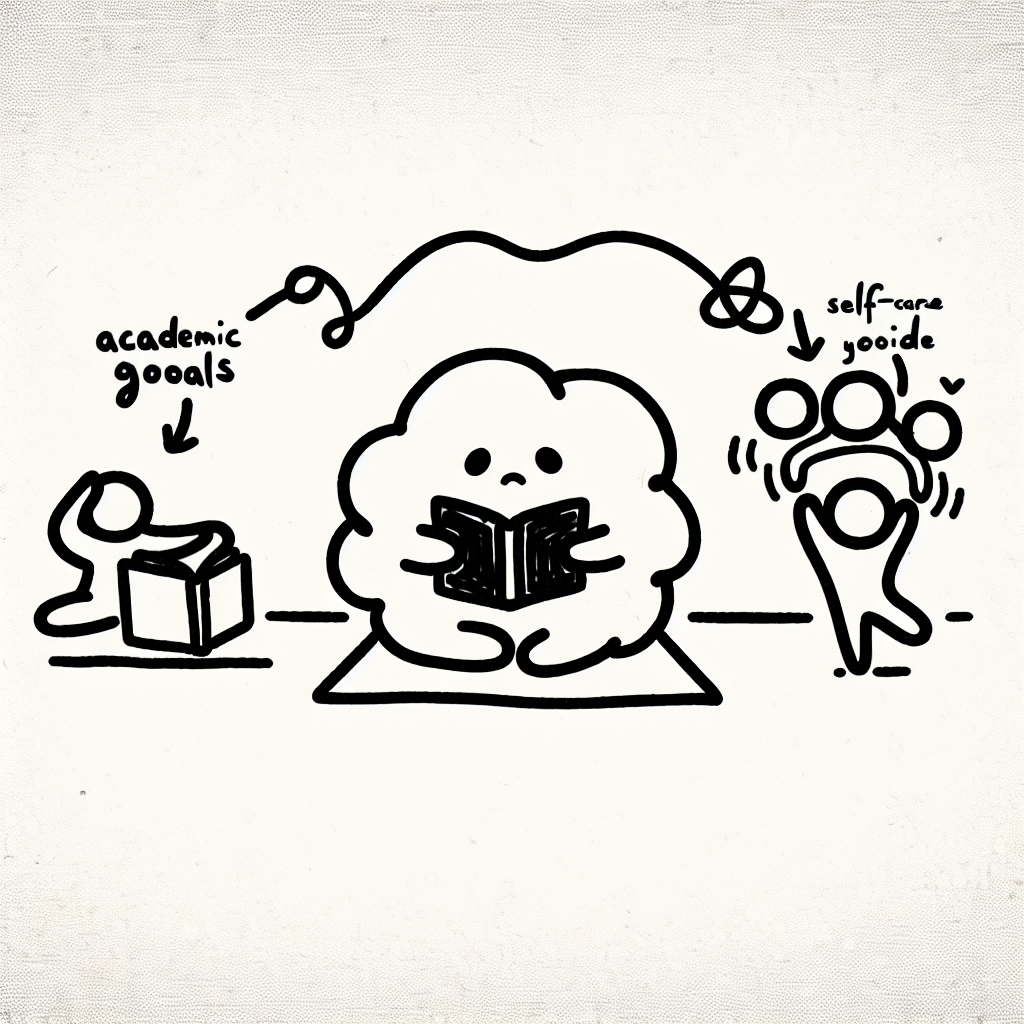






.png)






